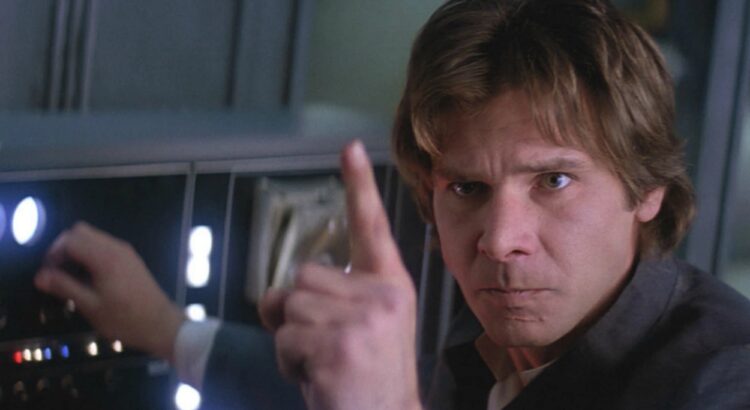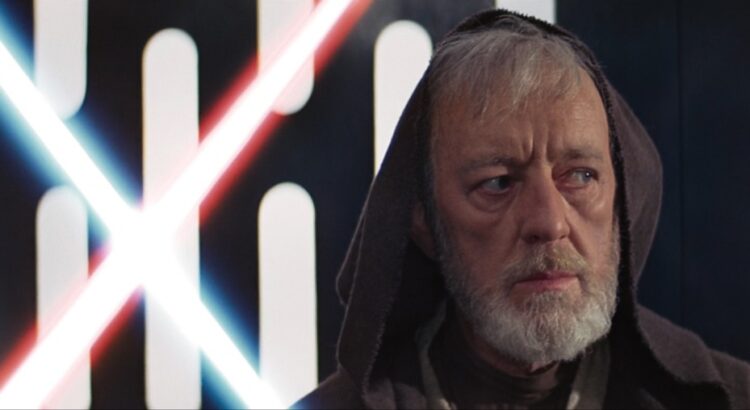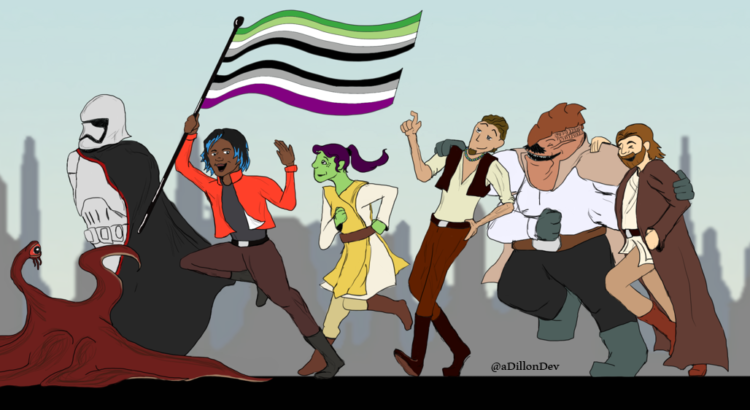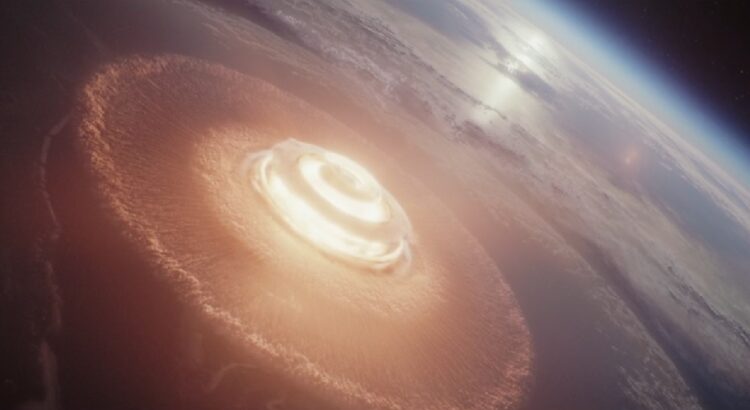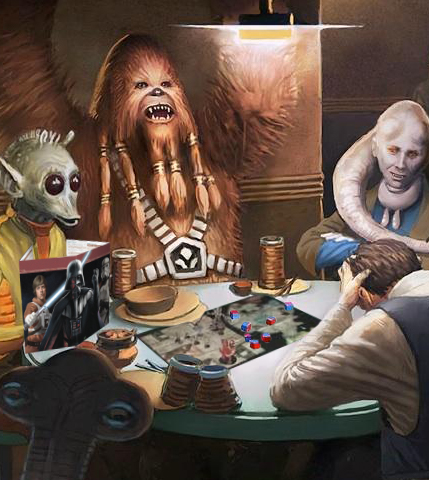What is the point of Star Wars?
When I launched Eleven-ThirtyEight ten years ago, I thought I had the answer, though it would take another eighteen months for me to articulate it.
“When Luke Skywalker throws his lightsaber aside and refuses to kill his father, that’s not just Luke’s crowning moment—that’s the point. Only this expression of ultimate compassion has the power to bring Anakin back to himself, and the fact that the apotheosis of a series with “Wars” in the title is the two main characters throwing their own lives away out of love for each other cannot be overstated.”
Me, In Everything Disney Needs to Know, It Can Learn from Luke Skywalker
These days, I think it’s a little more complicated than that. Don’t get me wrong—if you asked George Lucas that’s probably about how he’d put it, and indeed he said as much to Charlie Rose around the same time:
“…everybody expresses it differently but it’s still, basically, don’t kill people, and be compassionate and love people. And so that’s basically all Star Wars is.”
George Lucas on The Charlie Rose Show, October 23, 2014
Luke’s refusal to kill his father is rewarded by said father saving his life, and for doing so at the cost of his own life Anakin is rewarded with nothing less than immortality—the very thing he’d gone to the dark side looking for. By choosing to end the stories of his two main characters this way, Lucas constructed Star Wars to articulate one specific idea: only through selflessness may we live forever.
Star Wars isn’t just an epic adventure story, it’s an argument by other means—an assertion of what Lucas had concluded was a universal human value. But after more than a decade without him at the helm, I’ve come to believe that he captured something even more universal than that. His galaxy’s unparalleled popularity around the world is due not to our ability to recognize and agree with his specific point of view, but to our ability to find within it that which we already believe. Whether the story intends as much or not.
Divorced from the whims of one quirky experimental filmmaker and given over to the expectations of Disney’s shareholders, the Galaxy Far, Far Away’s core functionality now stands revealed, for both good and ill: it’s a superficially-awesome blank slate. Freed of real history, real culture, even real physics, it’s a platform for stripping a storyteller of all artifice and revealing their core beliefs. It’s a story we tell ourselves about ourselves.
And I don’t know if you’ve noticed, but there’s not a lot of universal agreement about that these days.
Read More